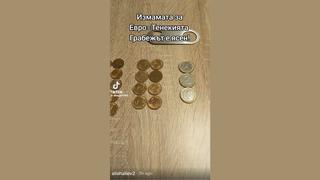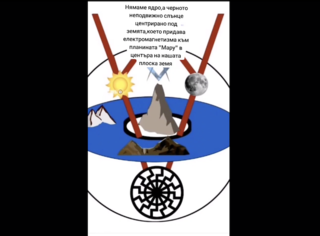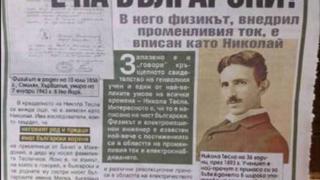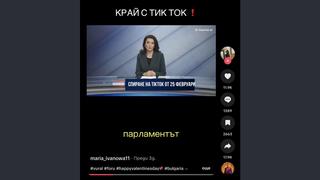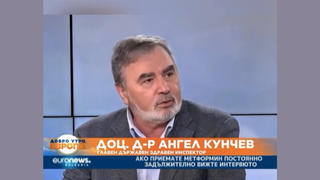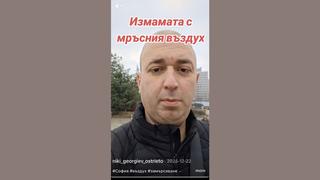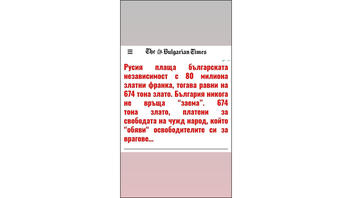
Did Russia pay Turkey in 1908 for Bulgaria's freedom and independence with 80 million gold francs, equal to 674 tons of gold, a debt Bulgaria never repaid? No, that's not true: A complex diplomatic agreement between Turkey, Russia, and Bulgaria at the time led to Bulgaria owing Russia for an amount it agreed with Turkey to pay for Bulgarian independence from Turkey. The Bulgarian debt to Russia was canceled it in 1918 following the Bolshevik revolution and Russia's decision to repudiate debts and loans agreed under Czarist rule.
The claim appeared in a video on TikTok (archived here) published by @angelnikolov08 on September 25, 2023, with a caption translated into English from Bulgarian by Lead Stories staff reading:
Russia paid for Bulgarian independence with 80 million gold francs, equal to 674 tons of gold. Bulgaria never returns the "debt". 674 tons of gold, paid for the freedom of a foreign nation who "declared" their liberators as enemies...
This is what the post looked like on TikTok at the time of writing:

(Source: TikTok screenshot taken on Tue Oct 3 10:24:55 2023 UTC)
Precise details of the complex agreement reached in the early years of the 20th century between Russia, Turkey, and Bulgaria may vary between historians and according to national perspectives, but what is agreed upon is that Russia assumed Bulgaria's debt to Turkey, and in exchange, Russia reduced by an equal amount the war reparations Turkey owed to Russia following the 1877 Ottoman-Russian war. The debt was then reissued in the form of a loan from Russia to Bulgaria to be repaid over a period of time following Bulgaria's declaration of independence from Turkey in 1908. In 1918, following the Bolshevik revolution, Russia repudiated debts and loans agreed by Imperial Russia and foreign entities, erasing Bulgaria's outstanding loan.
Bulgarian Academy of Sciences historian, Dr. Alexander Stoyanov wrote in a recent article on the subject, that after diplomats agreed on the process by which Bulgarian would achieve independence in 1908, it was also agreed that Russia would write off part of a war reparation debt owed by the Ottoman Empire, now Turkey, amounting to 125 million francs. In return, Turkey canceled Bulgaria's debt of the same value, and Bulgaria would undertake payment of 85 million gold Leva to Russia instead of Turkey. At that time, one golden Bulgarian lev was equivalent to one golden French franc.
Historian Georgi Markov explained during an interview with Bulgarian radio that under the agreement, Bulgaria was granted a low-interest loan of 82 million gold francs, payable over 30 years to Russia. But, he said:
The Bolshevik Revolution canceled that debt. Bulgaria paid some 2 million gold francs before that but in 1915 Bulgaria interfered in the First World War, by attacking Serbia. Paying of debts stopped. And in 1917, Lenin declared that Soviet Russia would not pay its debts to France and England, but would not seek money from loans that the Russian Empire gave.
Records in the Russian Presidential Library confirm a decree abolished loans under Czarist rule:
On January 21, 1918 the president of the All-Russian Central Executive Committee Ya. Sverdlov signed the decree on abolition of all the state loans of tsar's and Provisional governments. Under the decree the liabilities of the 'governments of the Russian landowners and bourgeoisie' for the total of 60 billion rubles (16 billion of the external debt and 44 billion of the internal one) were abolished ex post, from December 1, 1917.



